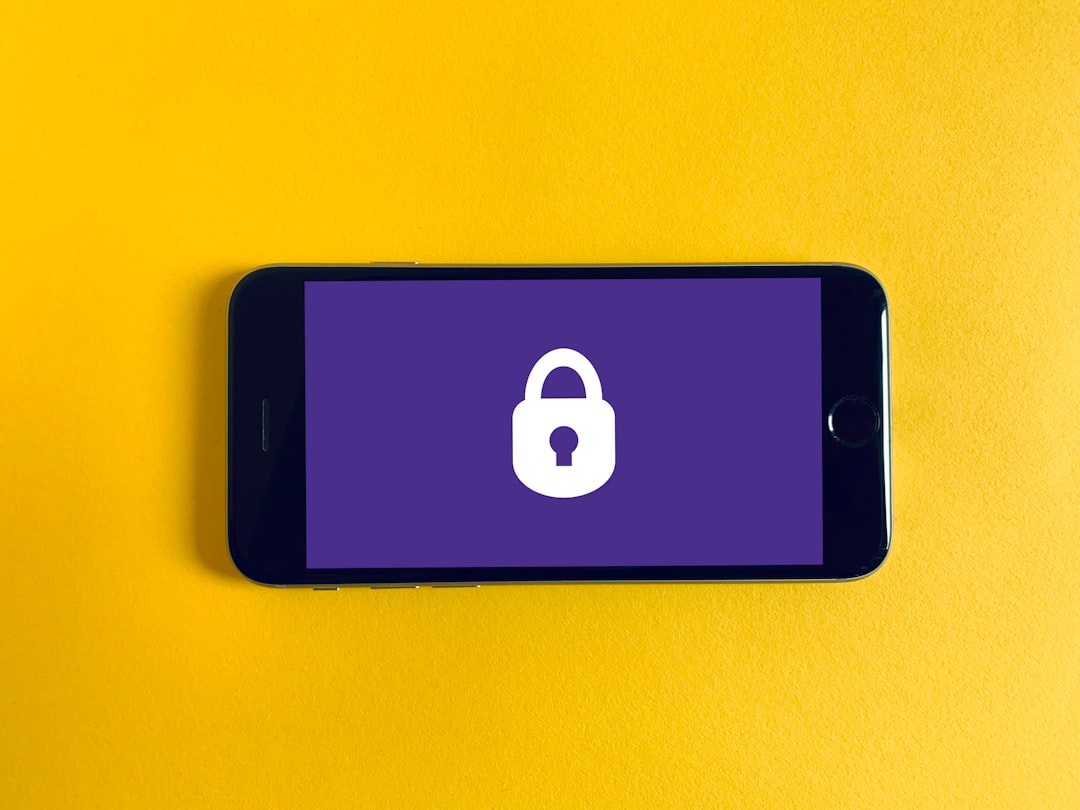
Information Technology has changed the way we live our lives. What once seemed impossible is now possible. Like what? How about a global network of computer systems that allows almost instant communication anywhere in the world? Or free video conversations with your friends no matter where they are in the world? Or having your choice of movies and music downloaded to your computer forever, or having your own Web site that could be the talk of the town, or even having your own Internet Business?
But with the Internet also comes risks. Although the risks are different for each person, there are commonalities among the risks. Remember the old punchline, “From a mouse click to a million dollar business deal?” As far as small risks are concerned, it is hard to argue that it isn’t possible to make money with a mouse click. But is it really possible to avoid the risks?
So let’s begin by discussing some of the more common risks.
1. The Crime Level
If you run a small or medium sized business you may be the victim of a computer virus, trojan horse, or just general malicious software. Destructive viruses are capable of duplicating an entire virus list and sending it to everyone in your email address book. On the other hand, some trojans have the ability to destroy files and operating systems on your computer permanently. If you run a network, you may be vulnerable to having your system wiped out due to an unleashed virus.
2. The Need for Strong Passwords
It’s a good practice to create passwords that are hard to guess. Generic passwords such as “bank” or “password” will be considered weak, and making a password that has a combination of letters and numbers is more difficult to crack than you might think. Consistency is also a key when creating passwords.
3. Preventing Account Takeover
If you run a business, be aware of any attempts by an enemy to hack into your accounts. If you run an online business, be aware of any attempts by your competitors to steal from you via the Internet. An unwanted online addition to your company will definitely put you on the radar of everyone who wants to keep a eye on things.
4. How to Detect Fraud
Any email asking for personal information or claiming you’ve won some prize is obviously a fake. However, there are some common signs of common fraud that you should be on the lookout for. If you detect any of these signs, the fraud is probably not legit and you should press charges immediately.
Fraud sign 1: Bad Grammar and Spelling
Go to Google and type in “whois” plus the name of their country in the search box. You should be able to find a whois site that can get their DNS record for you. Go to that site, and counter check their contact details as well as their privacy policies.
Next, get in touch with your local police station or the police in the town where the person lives. Passports, driving licences and most reliable countries etc. are all valid ID. Once you do this, be sure to secure your customer’s details so they cannot be easily picked up by hiders.
To end, most legitimate companies would offer you the services of a lawyer to handle your case and you should not be charged till you have lawyers on board to do the necessary legal fights for you. This is very important as to avoid further loses. Once you have the court on your side, it will be a lot better to pay the $1400 then the $300+ fine that the police would charge you.













